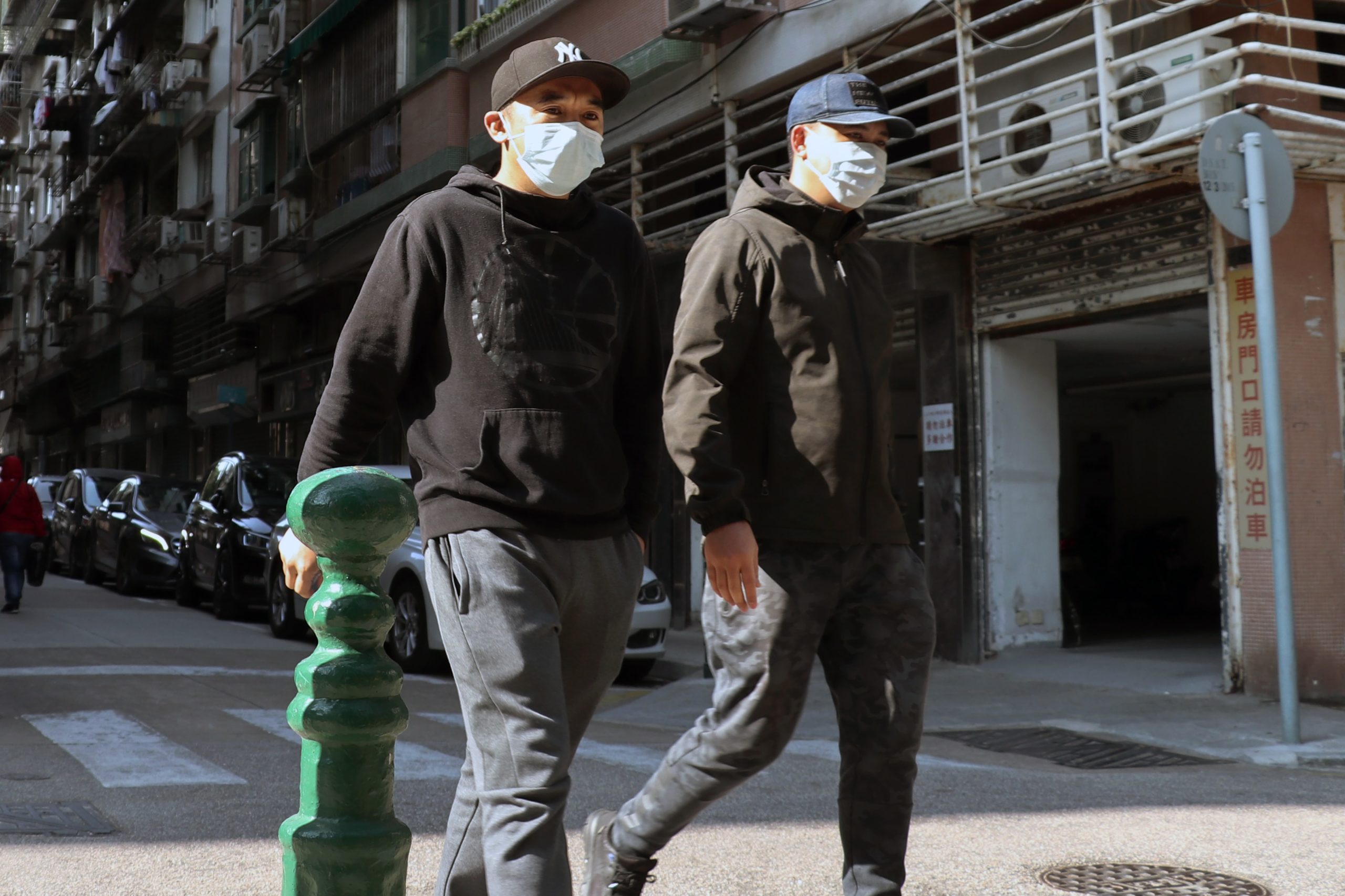While much of the country is in a standstill with the global pandemic, employees in many industries do not have the luxury of staying safely inside to binge-watch Netflix or bake endless sourdough loaves. Across the country, countless construction workers are still hard at work on the job, which puts them at a greater risk of contracting the coronavirus and passing it on to others.
In order to keep your employees safe – as well as the loved ones in their lives and yours – it is important that you enforce the following measures.
Limit and Stagger Your Workforce, When Possible
This first one likely goes without saying. If there is anyone who can potentially do their job from home, they should. When it comes to limiting your workforce, first consider those who are at the highest risk (i.e., older employees and individuals with underlying conditions).
As your projects allow, try to stagger the times that employees are at work. You want to limit the number of exposure individuals has to one another. Alternating shifts will also allow for more room on-site so that employees can properly distance themselves.
Amp Up Your Sanitation Requirements
Good hygiene is always important; but in the midst of a global pandemic, it becomes imperative. Require employees to regularly wash their hands throughout the day. If they are on-site and a sink is not available, you should be supplying hand sanitizer. Where possible, supply employees with their own equipment so that they do not need to share with one another.
To ensure that proper sanitation protocol is being followed, it might help to assign someone with the role and responsibility. This should also include regularly cleaning surfaces, door handles, etc.
Enforce a Strict Sick Leave Policy
The most common symptoms of coronavirus include fever, shortness of breath, and coughing. If anyone is experiencing any of these symptoms, they should not be at work under any circumstances. You should let your employees know just how serious this matter is – if they notice any of these signs in themselves or a colleague, management should be informed immediately and the individual should be sent home to quarantine for the next two weeks.
Many individuals may be worried about losing a portion of their salary if they are not able to come into work. Regardless of your typical company guidelines, it is important to have a flexible sick leave policy in place so that your employees are more likely to comply and to meet the current public health guidance.
A Final Word
We are all adjusting to a new normal. Things will get better, but you can minimize the risk to your employees and your business by following the recommendations above. The most important thing is to communicate. Make sure that your team understands your expectations and carve out time to answer any questions that they may have. We will get through this together.
Photo by Macau Photo Agency on Unsplash









